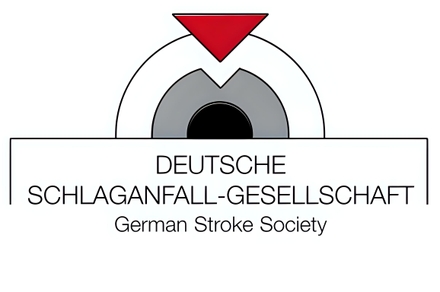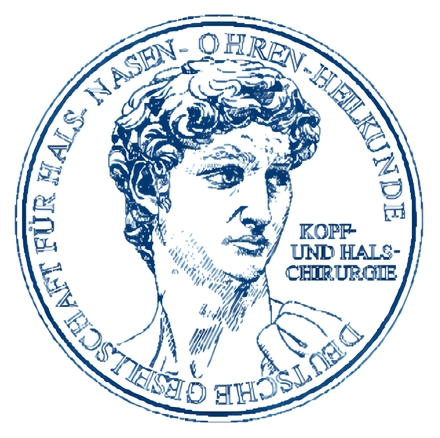Overview
Size & Capacity
Large, 1,662 beds
Clinic type
General
Type of care
Inpatient, Outpatient
Age group
Kids, Adults
2.7 on Google
The data collected based on 1,043 patient reviews on Google
Certificates
Features & Facts
About the clinic
Primary focus
Departments & Doctors
Gallery




Extra services
Location
Langenbeckstraße 1, 55131 Mainz, Germany
FAQ
Is University Hospital Mainz suitable for treating deviated nasal septum and sinusitis?
The clinic is appropriate for treating deviated nasal septum and sinusitis thanks to functional endoscopic sinus surgery (FESS) through a natural opening, the connection of the maxillary sinus, without external incisions. In addition, the procedure allows for improving sinus cleaning with faster recovery.
Does the medical center treat blood diseases?
The clinic founded the hematology department, internal oncology, stem cell transplantation, and hemostaseology, which treat not only blood diseases. Advanced stem cell technology focuses on congenital and acquired blood disorders such as hemophilia, anemia, leukemia, platelet deficiency, and cancer.
What services does the hospital offer?
The university hospital offers treatment of oncological and cardiovascular diseases, skin and gynecological disorders, and gastroenterology and ENT. In addition, the robust departments of anesthesiology, neurosurgery, and neurology cover all the most common and rare diseases.
Get individual treatment plan and cost estimate. Non-binding 100% free assessment.
© University Hospital Johannes Gutenberg Mainz







































